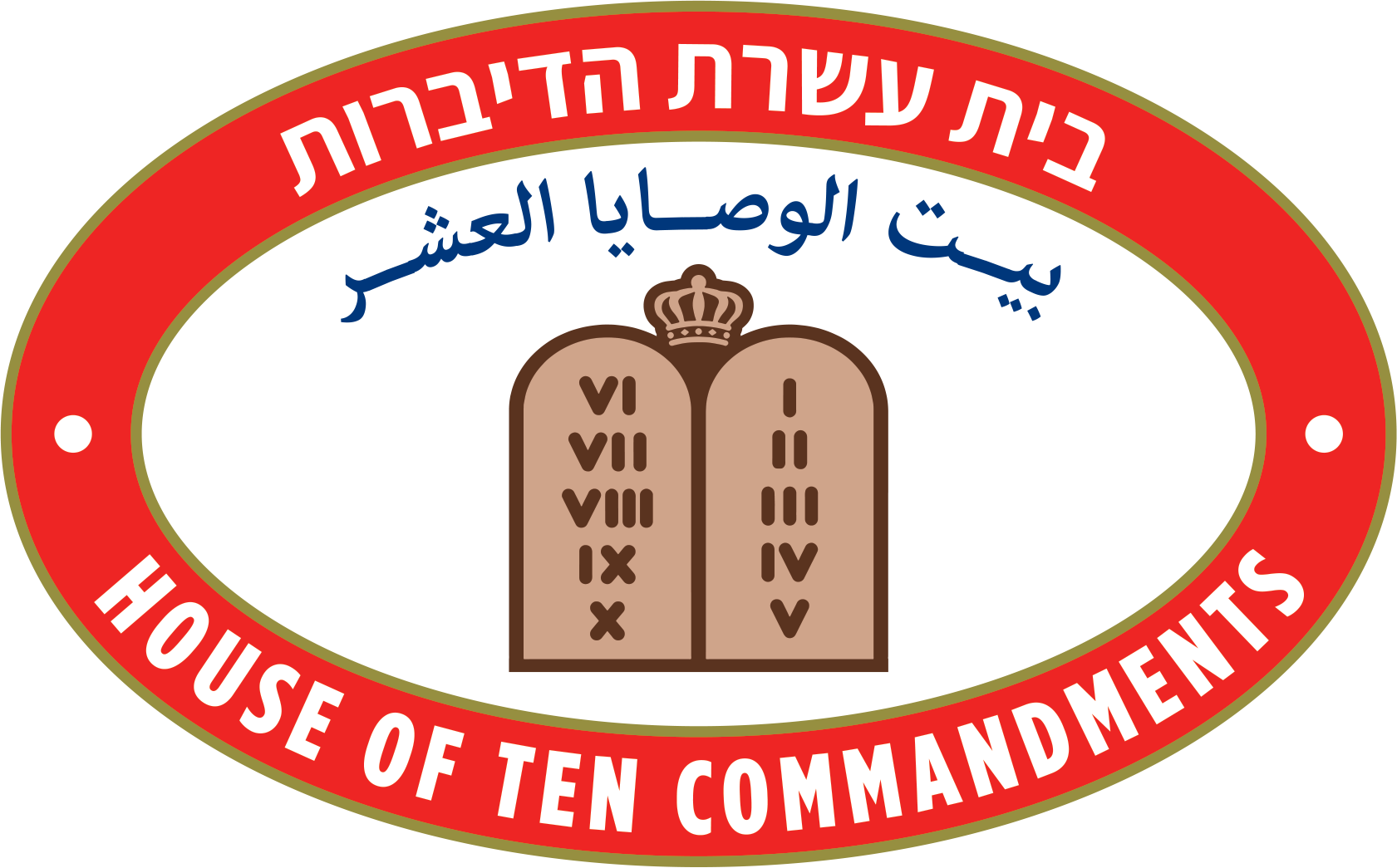‘It’s a new world’ the head of Bahrain’s Jewish community tells Arutz Sheva

“The King of Bahrain realized the only way forward is by giving. There are going to be lots of new ideas, and it’s going to be great.”
Until the establishment of the State of Israel, there were around 800 Jews living in Bahrain, part of a community that dates back to the turn of the previous century, when Iraqi-Jewish traders decided to settle in the growing trade outpost that linked Europe and India. Today, Bahrain is home to under 40 Jews – members of just six families – out of a total population of around 1.7 million. Traditionally well tolerated by their neighbors, Jews were once central to trade and commerce in Bahrain, so much so that the markets would close on Shabbat as there was no point in opening if the Jews weren’t working.
Nonetheless, politics was generally a topic better left undiscussed when it came to anything concerning Israel, and Bahrain’s Jews were not permitted to visit the Jewish State. Will all that now change? On August 14, just a day after the first reports emerged of a normalization deal in the works between Israel and the United Arab Emirates, Bahrain was among the few Arab countries to announce its support of the move (the other countries to make similar statements were Egypt and Oman). And then, just 29 days later, Bahrain announced that it would be signing a deal of its own.
Arutz Sheva spoke with the head of Bahrain’s Jewish community, Ebrahim Daoud Nonoo, to gain his impressions of this historic development.
“We were amazed, and very excited, when we heard about the deal between Israel and Bahrain,” Nonoo says. “Even though, when we heard about the deal with the UAE, we figured – well, Bahrain might be next, you never know… but it was still a complete surprise. We had no idea about the timing, nothing.”
Despite the political breakthrough, however, Nonoo plays down the impact the deal will have on a personal level between individual Arabs and Jews living in Bahrain. “Despite global tensions over the years, we are very well integrated here,” he relates. “We’re almost like Arab Jews. We mix with the Arabs and my best friends are Arabs. People here aren’t concerned whether you’re a Jew or an Arab, a Shiite or a Sunni.”
We wonder if that kind of open tolerance is likely to apply to Israeli tourists as well, and Nonoo admits that Israelis will definitely feel a little strange walking Bahrain’s streets and hearing Arabic being spoken all around. “But it’s going to be great having Israeli tourists here!” he exclaims. “The Chief Rabbi of Jerusalem, Rabbi Shlomo Amar was actually here not long ago. I accompanied him to the synagogue, and he did feel a little out of place, dressed as he was – but I reassured him that he had nothing to worry about. Everyone realized he was Jewish, of course, but there were no problems, and he felt okay about it.”
We ask Nonoo if he’s at all concerned that the new phase in relations between Israel and Bahrain could lead to increased pressure on Israel to move forward vis-à-vis the Palestinians and perhaps make far-reaching concessions, but he brushes the concerns aside. “The King of Bahrain has already shown that he understands that the only way forward is by giving,” he explains. “I think maybe there will be new ideas being put forward to solve this age-old problem, and that it will also be great to hear these new ideas.
“It’s really a new world,” he adds, confirming that he sees the signing of a treaty as heralding a new era. “And we’re all looking forward to it.”
